April 16, 2025 | 06:13 GMT +7
April 16, 2025 | 06:13 GMT +7
Hotline: 0913.378.918
April 16, 2025 | 06:13 GMT +7
Hotline: 0913.378.918
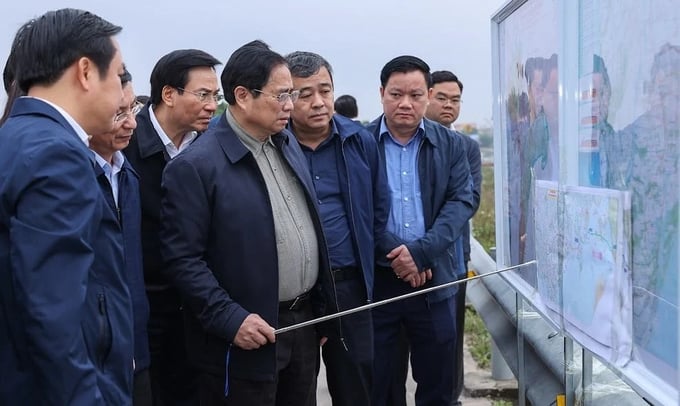
Prime Minister Pham Minh Chinh inspected the Hai Phong - Thai Binh - Nam Dinh - Ninh Binh expressway in early 2023. Photo: VGP.
The World Bank announced "East Asia and Pacific (EAP) Economic Update: Firm Foundations of Growth" on April 1, Hanoi time. Accordingly, countries in the region continue to grow faster than the rest of the world but still slower than before the Covid-19 pandemic.
Growth of 23 countries and territories in EAP is expected to decrease from 5.1% (according to forecasts at the end of 2023) to 4.5%. The main reason is China's economic situation, which is expected to decrease from 5.2% to 4.5%. EAP growth would increase from 4.4% to 4.6%, excluding this country.
The main growth driver of the EAP sector continues to be businesses. However, the most productive companies in the region have yet to take full advantage of new technology, according to the World Bank.
For example, in the electronics sector, from 2005 to 2015, the productivity of the top 5% of businesses globally increased 2.5 times faster than the top businesses in Indonesia, Malaysia, the Philippines, and Vietnam.
"The EAP region is making a solid contribution to world economic growth, even as it faces a more challenging and uncertain global environment, aging population, and the impacts of climate change.
Countries of the region can sustain their growth momentum by accelerating the opening of more activities to private sector investment, resolving financial sector challenges, and boosting productivity", said World Bank EAP Vice-President Manuela Ferro.
In that general picture, Vietnam stands out as a bright spot. Along with China and Thailand, as of the fourth quarter of 2023, Vietnam's goods exports have regained growth. Many products, especially agriculture, forestry, and fisheries, are forecast to set a record in 2024.
According to forecasts released in October 2023, the World Bank believes that Vietnam will grow by 4.7% and 5.5% in 2023 and 2024, respectively. However, a miraculous recovery will occur at the end of 2023. helping Vietnam grow 5.0% this year and is expected to reach 5.5% in 2024.
Excluding Pacific island countries, Vietnam is the only country with an optimistic forecast from the World Bank, as reported in a report released on April 1. Some countries, such as Indonesia, the Philippines, and Laos, did not have a breakthrough, while Malaysia, Thailand, and Cambodia even lagged in the analysis at the end of 2023.
Mongolia is a rare country whose growth exceeds forecasts, from 5.1% to 7.1% in 2023, but the World Bank lowered its growth expectation for 2024 from 6.1% to 4.8%. One of the reasons is that Central Asian country depend too much on imports of essential goods such as food and are relatively sensitive to changes in monetary policy.

Prime Minister Pham Minh Chinh and World Bank Country Director for Viet Nam Carolyn Turk. Photo: VGP.
Mr. Aaditya Mattoo, the chief economist of the World Bank's EAP region, also recommended three policy issues for countries to develop sustainably.
First, reform the goods and services market, helping to promote competition and increase efficiency. For example, in recent years, improving services in Vietnam has increased business productivity by more than 3%.
"The EAP goods market is relatively open. Flexible non-tariff measures increase domestic competitiveness and create momentum in foreign markets," Mr. Mattoo shared.
This expert also emphasized that policies to improve competitiveness will have more impact if combined with investment policies and infrastructure improvement. During a survey in the Philippines, this island nation pulled fiber optic cables to 12 difficult provinces, helping localities access broadband services. E-commerce, since then, has developed.
The second issue the World Bank representative raised is equipping individuals with skills to work with technology and innovation. He suggested EAP countries create conditions for students to come into contact with technology soon. Research departments strengthen links with businesses, proactively creating high-quality human resources.
Finally, it improves the management capacity of businesses. "Differences in the quality of management are important because they produce very different productivity for each country," Mr. Mattoo said.
In a survey conducted in 2022, more than 50% of innovative companies in Indonesia, Malaysia, Myanmar, Philippines, Thailand, and Vietnam considered a lack of management and leadership skills as a recruitment challenge for new labor. In general, the management capacity of the EAP bloc is still far apart from that of developed countries.
"While growth in per capita incomes in the EAP region has surpassed most other developing economies in recent decades, it has been driven by investment rather than productivity growth. Bold policy action to unleash competition, improve infrastructure, and reform education could revitalize the region's economy", said Mr. Mattoo.
At the end of 2023, in a meeting with World Bank Director in Vietnam Carolyn Turk, Prime Minister Pham Minh Chinh asked your side to prioritize funding strategic transportation projects such as the North-South high-speed railway, Ho Chi Minh City - Can Tho and Hanoi - Hoa Lac Hi-Tech Park railway.
Other priorities include renewable energy, smart agriculture, low carbon emissions, digital transformation, and climate change adaptation in the Mekong Delta.
Vietnam still has room for new ODA loans because the Government is effectively controlling public debt and budget overspending within safe limits.
Translated by Tuan Huy
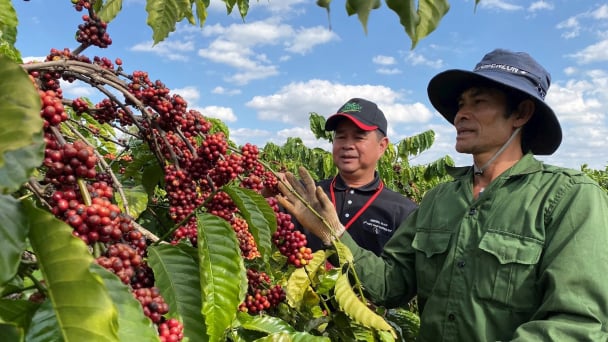
(VAN) Businesses emphasize fairness and equality when integrating social factors into their sustainable development strategies.
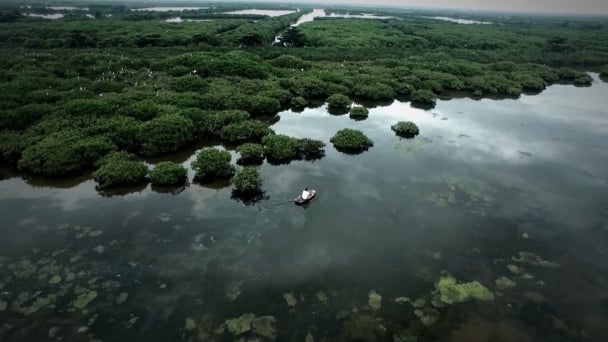
(VAN) French organizations and enterprises propose that Thai Binh province provide potential and long-term cooperation contents related to climate change response and green industrial development.
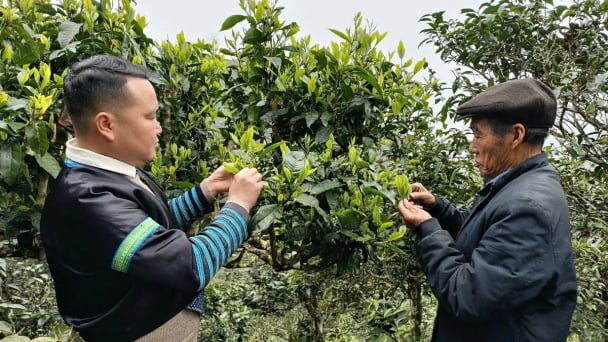
(VAN) Shan Tuyet tea is considered a 'heavenly treasure'. The H'mong people allow the tea to grow naturally, adhering to organic production principles, with the aim of exporting the product.
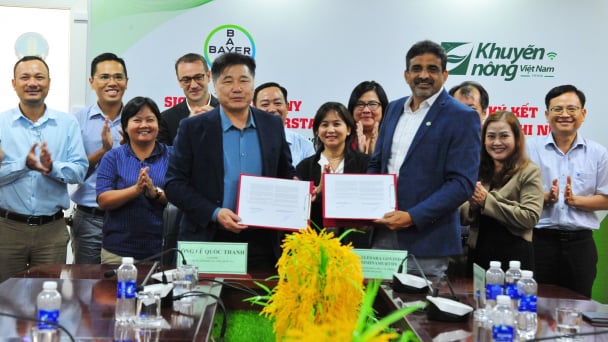
(VAN) Bayer Vietnam and the National Agricultural Extension Center have signed a partnership agreement to expand the development of effective and safe farming models for rice, durian, and coffee.
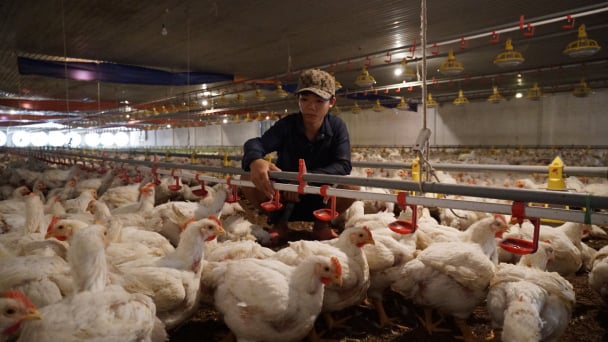
(VAN) Tay Ninh province possesses all the favorable conditions, from natural advantages to geographic location and social harmony, to drive economic development, particularly in attracting investment and advancing modern livestock farming.
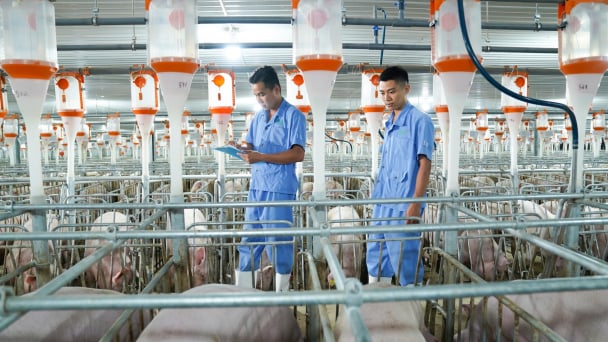
(VAN) Notably, every link in BAF's entire closed livestock value chain Feed - Farm - Food has received international certification.
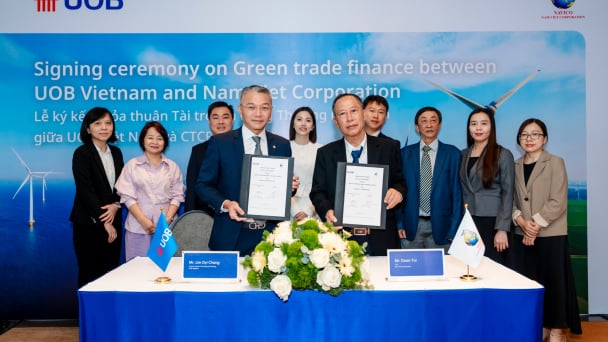
(VAN) UOB Vietnam has recently signed a green credit agreement with NAVICO to develop sustainable aquaculture that meets international standards.